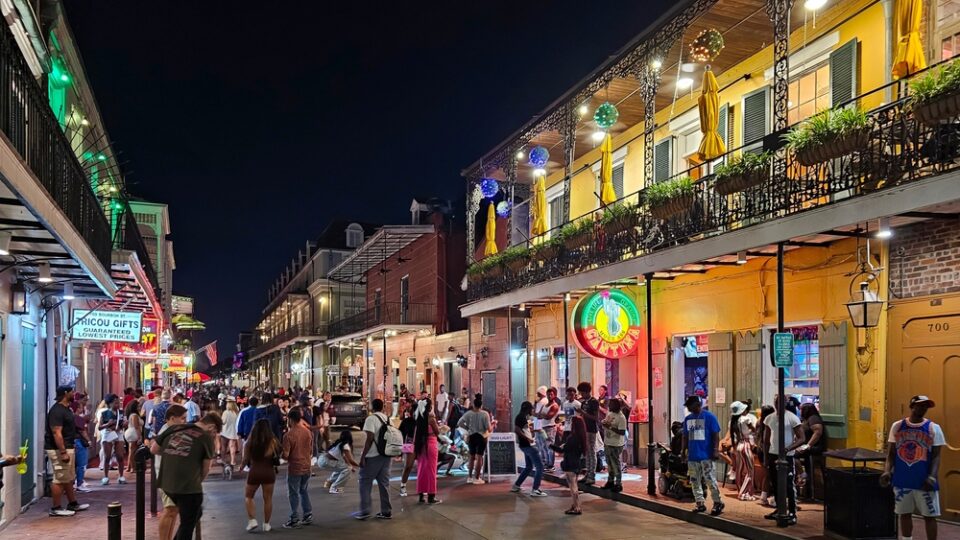New Orleans endured a harrowing start to the New Year when a pickup truck plowed through a crowd of celebrants, leaving ten people dead and dozens injured. The driver, identified as a 42-year-old Texas resident, Shamsud-Din Jabbar, reportedly escalated the tragedy by exiting the vehicle and engaging police in a shootout. Authorities confirmed Jabbar was killed at the scene, but not before inflicting widespread devastation. With 35 injured victims rushed to hospitals, the city’s festive mood was abruptly replaced by shock and grief.
Details surrounding the attack have added an unsettling layer of complexity. An ISIS flag found in Jabbar’s vehicle, along with weapons and improvised explosive devices, strongly suggests a connection to terrorism. Additional suspicious items discovered in the French Quarter indicate the attack could have been far more catastrophic. Authorities are now searching for up to five individuals believed to be connected to the incident. The FBI is investigating the case as an act of terrorism, scrutinizing Jabbar’s affiliations and how he acquired the materials used in the assault.
The attack also left two police officers injured, though their conditions remain stable. It’s unclear whether their injuries resulted from being struck by the vehicle or from the shootout that ensued. For a city synonymous with its lively and celebratory atmosphere, this tragedy struck at the heart of New Orleans’ spirit. The French Quarter, usually buzzing with revelry, has now become a symbol of the lingering threats posed by both domestic and international terror.
President-elect Donald Trump wasted no time addressing the incident, condemning the attack and extending his support to law enforcement and the victims’ families. Trump reiterated his call for stronger policies to combat crime and terrorism, taking aim at those who have dismissed such threats as overblown. He pledged federal assistance to New Orleans and emphasized that his administration would prioritize restoring law and order—a central theme of his campaign and incoming presidency.
Attorney General Merrick Garland confirmed the FBI’s classification of the event as a terrorist act, with the discovery of the ISIS flag and explosives adding urgency to the investigation. The incident has raised serious questions about how such an attack could take place, particularly with the presence of potential accomplices still at large. For a nation grappling with rising threats, this tragedy serves as a grim reminder of the vigilance needed to safeguard public safety against evolving challenges in both domestic and international terrorism.

